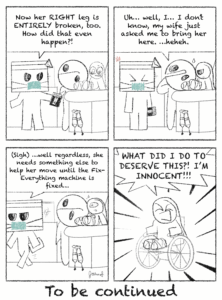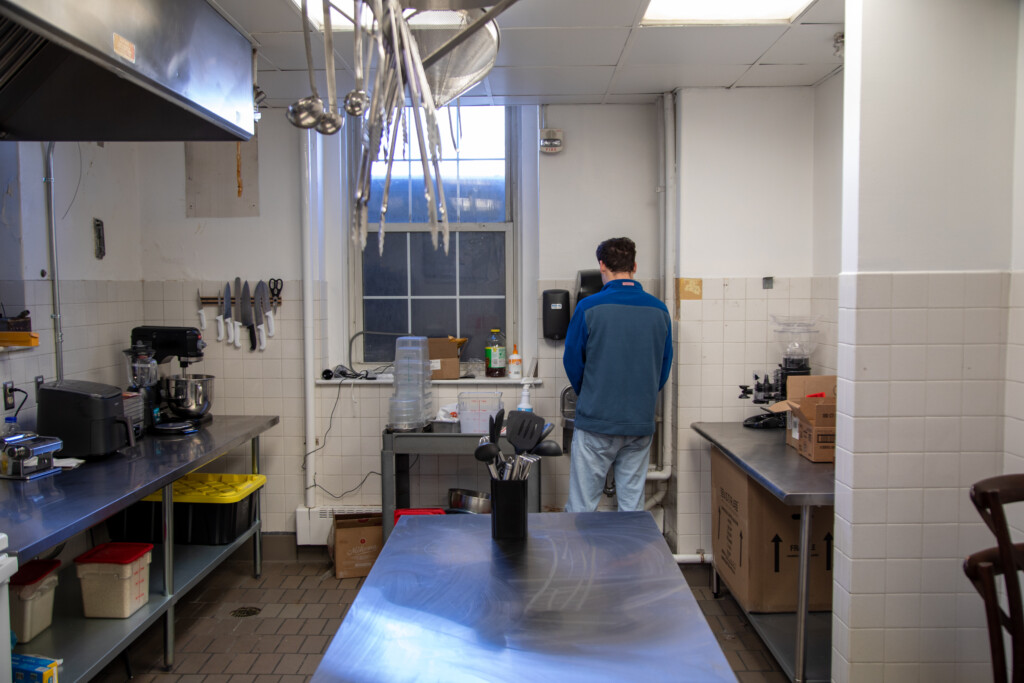It’s clear that print media of all forms is struggling and I would hate to see any of it go defunct. But if there’s one type of publication that can, should and will survive, it’s the campus newspaper.
When you work on your campus newspaper it consumes you. It becomes all you can think about, all you can talk about, all you can care about it. Each page represents a memory, a story beyond the articles themselves. At its core, the campus newspaper strives to accurately report on the university it is associated with, but it means so much more. It serves an even greater purpose, than the general public realizes.
A campus newspaper is a niche publication that contains stories specific to one community. It is the ultimate in local news. Professional media outlets may be staffed by experienced reporters and have more resources, but the campus newspaper will always have one unique advantage — it is run by people who attend the school it reports on.
This inevitably raises questions about conflicts of interest on a regular basis, but it also means that reporters and editors have an intimate perspective on campus life because they are a part of campus life. They know what students may be thinking because they are students. They know what their readers care about because a large majority of their readers are their peers. Before they join their campus newspaper, they already have a naturally intimate knowledge of the community on which they report because they live there too.
If you’re doing it right, working on a campus newspaper should feel like a full-time job. The lucky few actually get paid and the rest of us work only for pride and joy. Regardless of finances, however, the skills learned on a campus newspaper can be directly translated to any job, internship, or general life experience.
Reporters and editors will learn to write, to take photos, to layout a page and perhaps even discover how they truly feel about the oxford comma. But they will also learn how to manage people, how to juggle countless demanding tasks at one time and even the illusive art that is the professional email, skills that any employer, in journalism or not, will value — skills that many college students have not even begun to amass.
The choices student journalists make do have real consequences, but the campus newspaper also presents an environment in which reporters and editors can experiment and learn without the lingering knowledge that they’re depending on their job for financial stability (as much as a journalist can ever really have financial stability). Making mistakes on a campus newspaper may lead to an angry email or phone call (or multiple angry emails or phone calls), but chances are they won’t get you fired.
But why bother with print? Couldn’t this all be achieved with a snazzy website and a popping Twitter feed? Well no. It couldn’t. When you have to muster up the effort and the passion it takes to put out a physical product every day, every week, or even every month you learn more than by just posting an article online.
There are choices to be made that are irrelevant on the web, such as the placement of a photo or the layout of the front page — small (or possibly quite large) choices and dilemmas that lead to a sense of responsibility and a deeper understanding of journalism. Plus there’s no better way to get to know someone than to argue with them about the placement of a semicolon at 4 a.m. in between philosophical discussions about “The Room.” Lack of sleep, stress and a high on journalism can have quite the effect on a person.
As much as I would like to deny it, journalism is changing. But if student journalists do not have a chance to learn to learn about the painstaking, anxiety-filled, yet utterly fulfilling process that is the publication of a newspaper, they will lack a true understanding of the field.
Putting together a printed newspaper takes patience, commitment and persistence, traits that are required of any successful journalist, and that an online publication may gloss over in favor of quantity, not quality.
iPhones and Kindles be damned — print is not irrelevant.
Melissa Goldin is a member of
the class of 2013.


